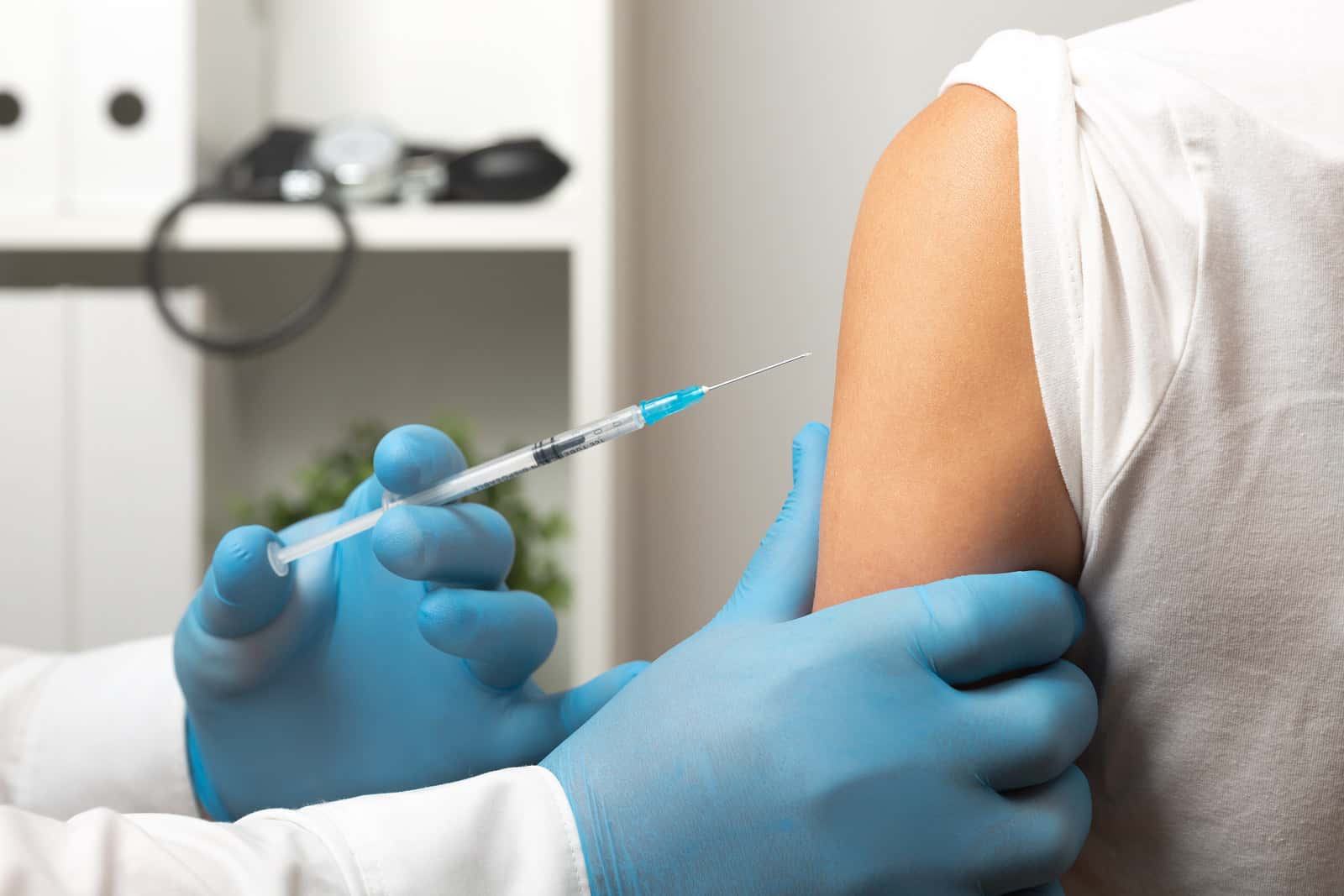
People all around the world are waiting impatiently for vaccines or monoclonal antibody treatments that might help control the pandemic. This week brought bad news on several fronts. Two different companies put new holds on vaccine trials. Moreover, a pharmaceutical firm developing monoclonal antibodies has also stopped its study for the time being.
Why Are There New Holds on Vaccine Trials?
Johnson & Johnson is one of the key vaccine developers. This week it put a hold on its Phase 3 trial due to an unexplained illness in one of the volunteers. The company is trying to determine whether this is an adverse reaction to the vaccine. Perhaps this participant became ill from causes unrelated to the vaccine itself. On the other hand, if the shot was the cause, scientists need to know about it.
This delay follows on the heels of a pause for a different vaccine. Astra Zeneca resumed its testing in the UK, South Africa, Brazil, India and Japan. But the FDA has not yet finished its investigation and allowed testing to restart in the US. Late in September, still another company, Inovio, had its planned late-stage vaccine trial pushed off indefinitely. Both the manufacturers and the FDA have emphasized that such holds on vaccine trials are an expected part of the process.
Clinical Trial Delay for Monoclonal Antibodies from Eli Lilly:
In addition, Eli Lilly has announced a temporary halt to its clinical trial of monoclonal antibodies used to neutralize SARS-CoV-2. The Data Safety Monitoring Board detected a safety problem. However, the company has not yet identified the nature of the problem.
Lilly is also in trouble with the FDA for quality control problems in its New Jersey plant. While those troubles predate the pandemic, they could definitely affect the outcome, as Lilly plans to make this anti-COVID drug in that facility.
With new holds on vaccine trials from multiple manufacturers, we hope that other promising vaccine candidates are performing well in their studies. Ideally, several companies will establish the safety and efficacy of their COVID-19 vaccines by next spring.

